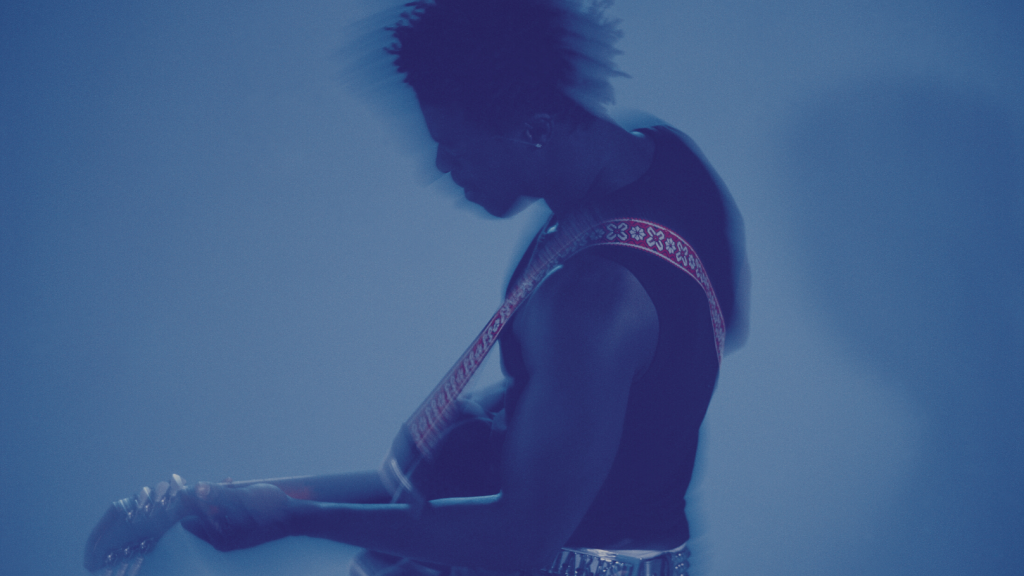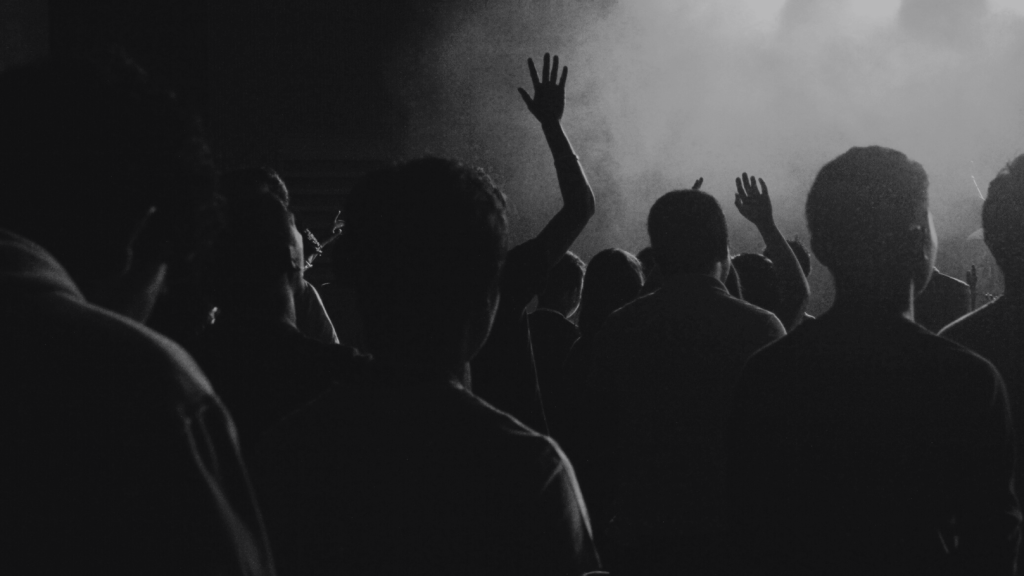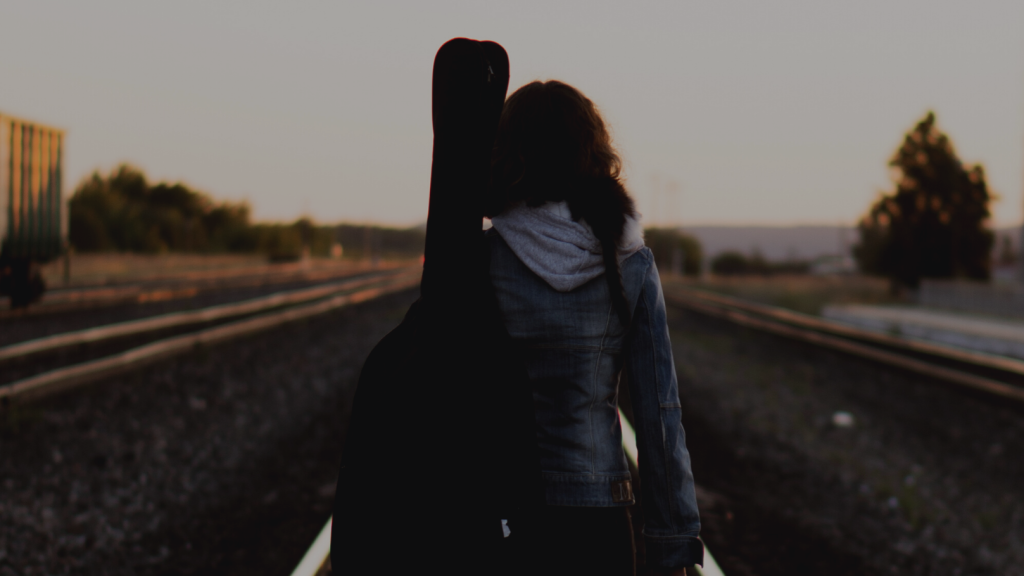Ron Kaplan is a music industry veteran, with a career that spans over 40 years in the business. As a Senior Agent and Executive at Reliant Talent Agency, Kaplan has cultivated an incredible roster of artists that include Mavis Staples, Lyle Lovett, Buddy Guy, and many more.
As the presiding President/Partner of the Selma Breskin Kaplan Foundation (SBK Foundation) and as Founder of CITYPAK, a non-profit organization working to provide custom-designed backpacks to persons experiencing homelessness or housing transition, Ron is making a profound impact on communities across the globe. In 2023, Conscious Alliance and the SBK Foundation partnered with Backline to help launch the take.care Wellness Kits, providing over 300 + artists and touring crew members with wellness products and mental health resources designed specifically for life on the road.
Backline Community Manager Terra Lopez recently spoke to Ron about his music industry background, why partnering with Backline is so important to him, and his mission to provide dignity for all through CITYPAK.
(This interview has been edited for length and clarity)
Terra: Ron, can you tell us a little bit about your upbringing in Chicago and how you got into the music industry?
Ron: I grew up in the suburbs and started playing music when I was 12. I learned to play guitar, and then I became a bass player, and all through high school, I was in bands. Music was my first love and I was very deep into the Chicago roots of music, into all the artists that came up from the South. Later, while attending Lake Forest College outside of Chicago, I met these guys who had a little acoustic band and joined the band and coming out of senior year, we started really doing well in Chicago. We started being a college favorite and started touring all over the Midwest and I was in charge of booking the band.
That was my role, promotion and booking. So I really learned the craft in the music business. When that band disbanded, I joined Harvey Mandel’s band and then I joined John Mayall’s band, and at that point, I was doing some studio work on the side. I decided that I didn’t want to be on the road much more. Someone asked if I wanted to be an agent in this Chicago firm. So I joined the company and just said, Listen, I’ll be an agent here, but I’m only going to do what I want to do. And I’m going to sign the acts that I want to sign. And so I developed this great roster from Buddy Guy, Junior Riles, to Coco Taylor, to Albert Collins, Johnny Ritter, and just this really unique roster at the time where these artists weren’t really getting the attention they should have gotten, or should have been getting at the time. And from there, it grew and grew, and then we started signing some of the next artists, from Johnny Lane to Susan Tedeschi and then I became part of Monterey Peninsula Artists. In 2017, we sold our division to Paradigm and it was like the coolest music agency you could imagine and then the pandemic hit and everything blew up.
Terra: Right. So, where did you go next?
Ron: So, I kept my roster and went to ICM for a bit. That didn’t work out because of CAA buying it. Now I’m at a small boutique company in Nashville called Reliant. My clients range from legacy, in-demand artists, to developing artists.
Terra: Can you talk a bit about the SBK Foundation and what inspired you to create CITYPAK?
Ron: Through this time living in Chicago, I was also tasked with doing something with my mother’s foundation (SBK Foundation) andI was very much into my job and my career but I knew that it was important for me to make a statement and I didn’t want to continue just writing checks every year to places I didn’t know and really didn’t understand. So I had this idea after seeing so many homeless people on the street, of developing the first ever backpack for the homeless. I was backstage at a show and I met the owner of High Sierra at the time who was, it was a Chicago based family business that was, you know, doing luggage and venture gear.
I told him about my idea, expecting him to tell me, absolutely not but he invited me to his headquarters. And, I walked into his office and he had pictures of World War II soldiers with knapsacks walking through the mud and everything. And he said, I want to introduce you to some people. And he brought in his design team and we started right then and there. It was an amazing opportunity and the lead designer was so passionate about what we were doing. So we created drawings, making lists of features that we needed, and, you know, after a few months, we developed the first sample.
Terra: What were the next steps then?
Ron: Well, I thought, am I going to make a hundred of these and walk around the streets of Chicago? No. So, what I decided to do was go to one of my former places where I would, you know, write checks to, which was the Chicago Coalition for the Homeless. And I said, Could you get 20 homeless people off the street? We’ll feed them lunch. We want to do a little meeting with them. We want to test something out. So they got everybody in their office. We’re in a room and everyone’s eating. And then they sit down and say, “We want to show you something. We want to see if this really means anything”. We showed them the first backpack and they all went nuts. They said, “Where do I get one? Gotta have this.” I mean, every shelter that I had visited had the same problem of having food, clothing, toiletries, but nothing to put it in. And so right then and there, we knew we had something.
And from there, they took the bag around, they looked at it and they made some suggestions. And so we came back and made the adjustments, made the second sample, and then we invited 20 different organizations that served the homeless in Chicago and brought them to do the same thing and they all said, “where can we get these? This would be a game changer.” And from there, it’s just started to blow up. We did our first distribution 11 years ago in 2013 and we distributed 2,000 bags around Chicago. Shortly after, Samsonite bought High Sierra. And I thought it was over, you know, I said, “Oh my God, this is terrible. What am I going to do?” And I get a call three months after I heard about this from the CEO’s office at Samsonite saying he’s flying in with a team to meet me. He said that he really thinks that what we were doing was fantastic and they wanted to support us. And now we have a partnership, we’ve distributed over 11,000 bags and we have 250 partners around North America along with some international partners.
Terra: That’s incredible! How did you learn of Backline and why did you feel inspired to partner with Backline on the take.care wellness kits?
Ron: We wanted to do more and we started to to identify other potential partners and one of my former employees was Joshua Knight at Monterey and he told me about Backline and then asked me if there’s any way we could help and that’s why we’re trying to support Backline’s causes. We are very, very much into supporting the stresses of being on the road and the stresses of ego and pressure. You know, the pressure of being on stage, and the expectations behind that – it can lead to alcohol abuse, drug abuse, other kinds of abuse. Mental health support is so important and that’s why we are so happy to support Backline’s work.
Terra: We can’t thank you enough for your support for these incredible kits. They are highly desired and loved by a lot of touring crew. What is the future of CITYPAK?
Ron: Well, you know, homelessness is caused by many, many different factors. You have your traditional things of affordability of housing to rejection from the family, rejection from society, drugs, alcohol, etc. But when there’s a hurricane or when there are fires or when there’s a war, people are displaced and they are homeless and they need to be mobile. So we’re actively trying to focus on helping on that front. In an ideal world, it would be sending 30,000 bags to The Red Cross and first responders but it’s been difficult to manage these huge government corporate entities. So we started doing it ourselves in certain situations. We got packs to Poland through the Salvation Army for the Ukrainian refugees and then we sent a bunch of packs to Maui after the fires in Lahaina.
Our goal for 2024 sometime in the late summer and fall is to do our first distribution in London and select five different partners and do two or three days of distributions at different places.
Terra: That is incredible! I just have one more question, why is destigmatizing mental health important to you?
Ron: Well, I understand the impact on people that are experiencing mental issues. I’ve seen a lot of people take the wrong paths to try to treat their own selves improperly, you know, and I think that it’s so important to understand that we’re here for a very short period of time and we have to take care of our bodies and our minds. So that’s one of the reasons that I like Backline’s take.care program and I want to be part of something that’s very special and this clearly is.





